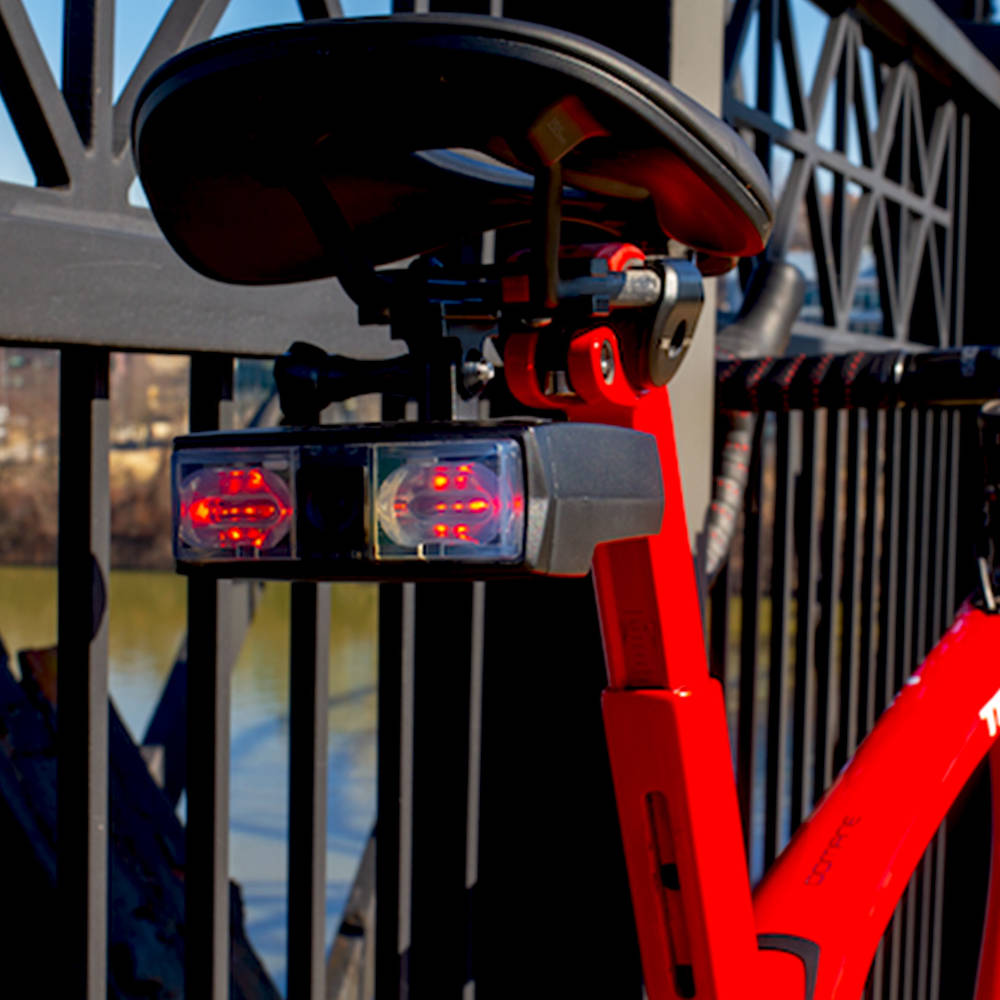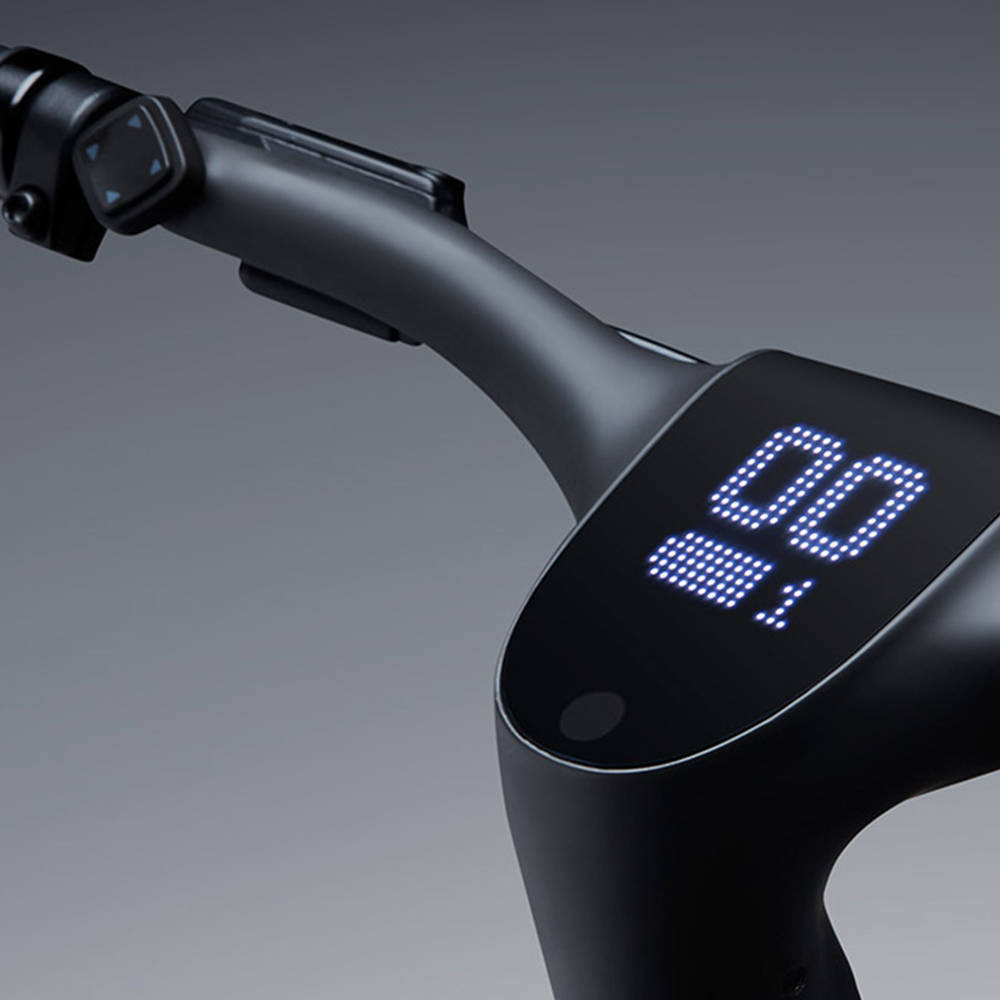WiFi everywhere with Google Loon
Helium balloons are carrying WiFi connectivity to developing regions lacking network infrastructure
Advanced sensors combined with artificial intelligence are enhancing safety in urban mobility, as demonstrated by this innovative smart bicycle technology.
Autonomous driving powered by artificial intelligence has proven to be more challenging than anticipated. Fully autonomous vehicles have yet to navigate city streets without human intervention. The complexities of unpredictable traffic, diverse scenarios, and the need to recognize countless obstacles make fully autonomous driving difficult. Nevertheless, AI is becoming a valuable tool in urban mobility. A prime example is the use of intelligent traffic lights, as mentioned in this article on smart traffic lights. Now, cyclists can also benefit from AI, thanks to new smart bicycle models.
Currently, several projects are in the prototype phase or early stages of commercialization, primarily involving accessories that add AI functionalities to bicycles. The main goal of these devices is to enhance cyclist safety and prevent collisions. Previous bicycle models offered accident alerts, but these relied solely on radar systems, limiting their ability to distinguish between different types of vehicles and accurately assess risks.

In contrast, the new generation of smart bikes employs AI technologies, using cameras and other sensors to identify vehicles and pedestrians. These systems can detect whether a vehicle is overtaking, getting too close, or maintaining a constant distance. With this information, the smart bike can alert cyclists or drivers through light signals. The current models are typically installed under the bike's saddle for easy integration.
Both the model recently featured in a Kickstarter campaign and the one developed by a team of former Uber engineers share several key features:
These AI-powered devices enhance cycling safety by combining real-time vehicle detection with predictive analytics and warning systems. Additionally, one of the manufacturers is already collaborating with the City of Pittsburgh in the U.S. to share aggregated data from cyclists, helping to improve infrastructure based on usage patterns.
And what about the cost of these AI accessories? The first batch of models is currently available for $400, with prices likely to drop as adoption increases.

Beyond accessories designed to improve cyclist safety, some manufacturers are developing new bicycles that incorporate AI features into their smart bike models, not necessarily focused on accident prevention. For instance, a Hong Kong-based company unveiled an electric bike with ChatGPT integration at CES 2024.
This bike features a handlebar-mounted screen that provides route directions and displays real-time data on physical exercise and vital signs. Users can also ask for training advice or recommendations for places to visit. These prompts can be delivered visually or through voice output. Additionally, the bike includes a ring accessory that tracks sleep cycles, heart rate, and other health metrics. Depending on the user's condition, the bike adjusts the level of assistance from its electric motor.
If you're interested in learning more about the latest smart bicycle technologies, as well as advancements in sustainable mobility, autonomous vehicles, electric motorcycles, renewable energy, or robotics, subscribe to our newsletter at the bottom of this page.
Sources
Images
All fields are mandatory.
Read the most discussed articles
{{CommentsCount}} Comments
Currently no one has commented on the news.
Be the first to leave a comment.
{{firstLevelComment.Name}}
{{firstLevelComment.DaysAgo}} days ago
{{firstLevelComment.Text}}
Answer{{secondLevelComment.Name}}
{{secondLevelComment.DaysAgo}} days ago
{{secondLevelComment.Text}}